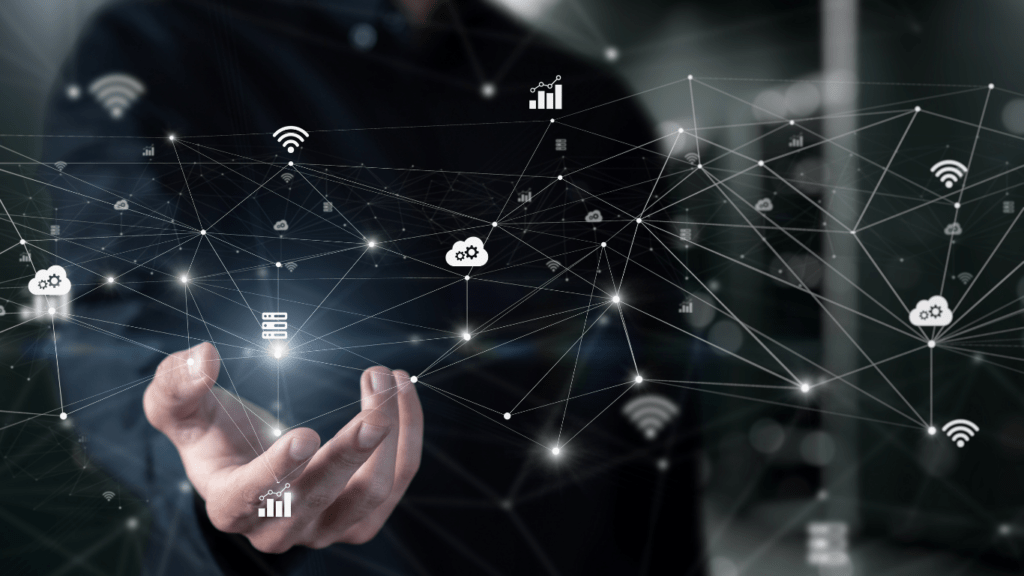The Importance of Staying Current With Technology
Keeping up with new technology is crucial for developers.
Rapid advancements demand continuous learning to stay relevant. Neglecting this can lead to outdated skills and decreased job opportunities.
Embracing new tools and frameworks boosts productivity and enhances problem-solving capabilities.
Challenges Faced by Developers
Developers encounter various challenges when staying current with technology like:
- Rapid Evolution: Technologies and frameworks evolve quickly, making it hard to keep up.
- Time Management: Balancing work, learning, and personal life is difficult.
- Information Overload: Too many resources can overwhelm and confuse.
For instance, a developer may struggle to master both Angular and React due to their differing concepts and frequent updates.
Benefits of Continuous Learning
Continuous learning offers multiple benefits for developers such:
- Enhanced Skills: Gaining knowledge in new tools and frameworks improves coding efficiency.
- Career Advancement: Staying updated can lead to promotions and better job opportunities.
- Innovation: Exposure to new technologies fosters creative solutions.
Gaining expertise in machine learning, for example, can open up roles in data science and artificial intelligence.
Key Technologies Shaping the Future
Artificial Intelligence and Machine Learning
Artificial Intelligence (AI) and Machine Learning (ML) directly impact how developers build applications.
AI enhances various aspects, from automating mundane tasks to improving decision-making processes.
ML, as a subset of AI, provides algorithms that enable systems to learn from data and improve without explicit programming.
Major examples include recommendation systems, natural language processing, and image recognition.
Developers integrate AI-driven tools and frameworks to deliver smarter applications.
Libraries like TensorFlow and PyTorch offer robust solutions for deploying complex models.
Staying updated with advancements in AI tools helps developers optimize performance and create more sophisticated solutions.
Internet of Things (IoT) and Big Data
The Internet of Things (IoT) connects millions of devices, facilitating data exchange and improving interaction between physical and digital worlds.
IoT devices range from smart home gadgets to industrial sensors, creating vast amounts of data that need real-time processing.
Big Data technologies handle the massive influx of data generated by IoT devices.
Tools like Apache Hadoop and Spark provide powerful platforms for storing, processing, and analyzing large datasets.
Developers focus on building scalable, efficient systems to manage this data influx.
Both IoT and Big Data require proficiency in handling distributed systems and understanding the nuances of real-time data analytics.
Skills in these areas enable developers to architect solutions that harness the full potential of interconnected devices and vast data resources.
Strategies for Effective Adaptation

1. Lifelong Learning and Continuous Education
Lifelong learning is critical for developers to stay ahead.
I often enroll in online courses from platforms like Coursera, Udacity, and Pluralsight, which offer curated content on emerging technologies like AI and ML.
Attending bootcamps is another effective method.
Many bootcamps focus exclusively on the latest programming languages and frameworks, providing hands-on experiences that traditional courses may lack.
For deeper insights into new trends, I read technical blogs and research papers.
Websites like Medium and Arxiv provide access to quality articles written by industry experts and academics.
Following major technology conferences such as Google I/O and Microsoft Build can also be beneficial.
These platforms often showcase cutting-edge developments and give early access to new tools and frameworks.
2. Networking and Community Involvement
Networking allows developers to exchange ideas and gain new perspectives.
I participate in developer meetups and conferences to connect with peers and industry leaders.
Platforms like Meetup and Eventbrite list local and international tech events, while larger gatherings like the OSCON (Open Source Convention) and PyCon provide broader networking opportunities.
Joining online communities is equally important. I frequently engage with forums and groups on GitHub, Stack Overflow, and Reddit.
These communities offer valuable problem-solving insights and expose me to various coding philosophies.
Contributing to open-source projects enhances my technical skills while also building my reputation in the developer community.
By adopting these strategies, I ensure continuous growth and remain adaptable in an ever-evolving tech landscape.
Tools and Resources for Learning New Technologies
1. Online Courses and Certifications
Online courses and certifications offer flexible learning opportunities for developers. Platforms like Coursera, Udemy, and edX provide courses on a range of topics from AI and ML to IoT and Big Data.
For example, Coursera’s “Machine Learning” by Andrew Ng is highly recommended for its comprehensive curriculum.
Certifications from recognized institutions like Google and Microsoft validate skills and can enhance career prospects.
Interactive coding platforms such as Codecademy and LeetCode help reinforce learning by providing hands-on experience.
2. Conferences and Workshops
Conferences and workshops offer immersive, real-time learning experiences. Events like Google I/O, Apple WWDC, and Microsoft Build present the latest industry trends and innovations.
For instance, Google I/O annually showcases advancements in Google’s technologies, providing developers insights into upcoming tools and platforms.
Local workshops and hackathons are great for networking and practical learning.
These events bring developers together, fostering knowledge sharing and collaboration.


 Charlie Bracegirdle seamlessly combines his passion for gaming with his role at Infinity Game Saga, where he is both a dedicated gamer and a prominent content creator. As an integral member of the team, Charlie brings a wealth of experience and a deep understanding of the gaming industry to his work. His articles and content cover a broad spectrum of gaming topics, from detailed reviews and insightful industry analyses to the latest trends and upcoming releases.
Charlie’s unique perspective, shaped by his own extensive gaming experiences, allows him to engage with readers in a meaningful way. His writing not only informs but also entertains, providing a blend of professional insight and personal enthusiasm. Whether he's exploring new game mechanics, dissecting game strategies, or sharing his thoughts on the future of gaming, Charlie's contributions make a significant impact on the Infinity Game Saga community. Through his work, he bridges the gap between gamers and the evolving landscape of the gaming world, enhancing the experience for all who follow his updates and analyses.
Charlie Bracegirdle seamlessly combines his passion for gaming with his role at Infinity Game Saga, where he is both a dedicated gamer and a prominent content creator. As an integral member of the team, Charlie brings a wealth of experience and a deep understanding of the gaming industry to his work. His articles and content cover a broad spectrum of gaming topics, from detailed reviews and insightful industry analyses to the latest trends and upcoming releases.
Charlie’s unique perspective, shaped by his own extensive gaming experiences, allows him to engage with readers in a meaningful way. His writing not only informs but also entertains, providing a blend of professional insight and personal enthusiasm. Whether he's exploring new game mechanics, dissecting game strategies, or sharing his thoughts on the future of gaming, Charlie's contributions make a significant impact on the Infinity Game Saga community. Through his work, he bridges the gap between gamers and the evolving landscape of the gaming world, enhancing the experience for all who follow his updates and analyses.
